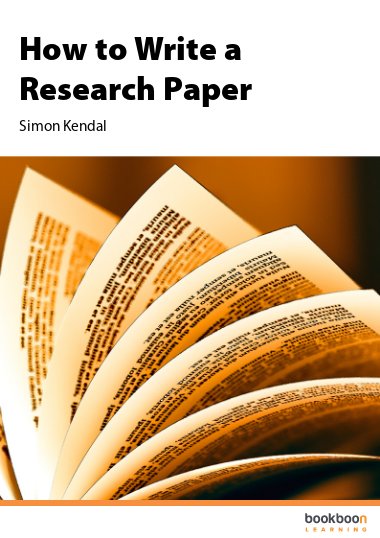By using small simple exercises and feedback this book aims to develop the practical and analytical skills needed to write a good research paper or a research chapter in a dissertation – assignments that many undergraduate and M.Sc. students at University face.
These skills include:-
- Understanding the difference between a research paper and an essay.
- Helping you develop ideas for your research paper.
- Learning how to find the research papers you will need.
- Developing your understanding of research papers.
- Develop an understanding of research methods, experimental design and bad science so you will have the skills to evaluate research for yourself.
- Develop the writing skills needed to write your research paper.
Many books already exist to help with basic writing skills or even academic writing. Unlike those texts this book will focus solely on the skills required to write a research paper. Each chapter incorporates small exercises with solutions and feedback provided.

